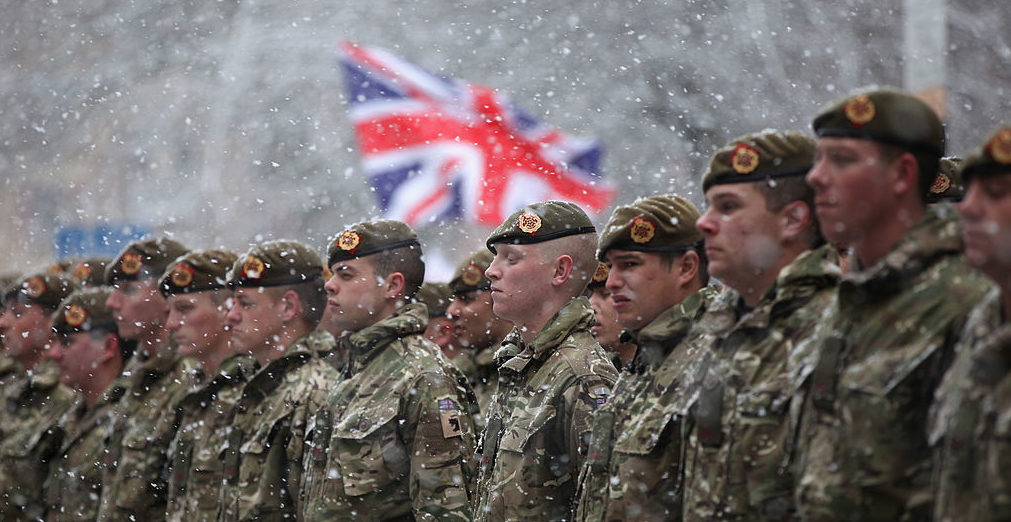It’s increasingly hard not to conclude that the British government and, I’m afraid, much of the British population do not actually care about the country’s military veterans. What “concern” gets voiced usually amounts to pure lip service about the acute suffering many veterans are undergoing, isolated and hopeless, following the country’s cataclysmic military interventions in Iraq and Afghanistan.
Last weekend the British tabloids — the one sector of the public realm that usually has the squaddie’s back — ran an exceptionally sad story. An eleventh member from the same infantry regiment that deployed to Iraq and Afghanistan had taken his own life following his military service. Most of the eleven had been diagnosed with PTSD or had suffered from severe mental health issues after leaving the military.
“That veterans who served in the bloodiest conflict this country has seen for 50 years are still taking their lives in 2021 because they cannot find help is a shocking stain on our nation,” says ex-veterans minister Johnny Mercer.
He highlights how the UK is the only Five Eyes nation — the intelligence alliance comprising the UK, US, Australia, Canada and New Zealand — without a Cabinet veterans’ minister, who would be “crucial in pulling together all arms of government and making them work for veterans.”
The 2 Rifles infantry battalion served in Iraq in 2006 and in Afghanistan in 2009, the same years I deployed to both countries. 2009 proved the deadliest year for British soldiers fighting in Afghanistan: 108 were killed out of the total 405 British Forces personal who died through hostile action during Operation HERRICK from October 2001 to December 2014.
It’s hard to adequately convey the hellish mayhem I was part of in Helmand Province. The Taliban’s campaign of buried improvised explosive devices proved horrifically effective. I remember a radio request to CASEVAC a soldier caught in an explosion who lost all four limbs and was somehow still alive. He died before the helicopter got to his patrol. God knows what it must have been like for the soldiers with him and their memories of it today.
Since 2017, it’s estimated that 250 British service personnel and veterans have taken their own lives, though no one is sure. The Ministry of Defence isn’t tracking veteran suicides. In contrast, the US Department of Veterans Affairs does: between 2005 and 2018, a staggering 89,100 veterans took their own lives, according to the VA, which estimates that seventeen US veterans commit suicide each day.
The Australian government recently bowed to pressure to launch a royal commission into the rising tide of veteran suicides there. The same is happening here, but little is being done about it.
“This is now our nightmare — the demons of Helmand have moved on to us through the loss of our wonderful handsome young man,” the mother of the 30-year-old former rifleman said. “Please don’t let my son’s death be for nothing. We have to stop this.” I pray we do too.
James Jeffrey is a freelance writer who splits his time between the US, the UK. He previously served in Kosovo, Iraq and Afghanistan with the British Army. Follow him on Twitter: @jrfjeffrey










Join the discussion
Join like minded readers that support our journalism by becoming a paid subscriber
To join the discussion in the comments, become a paid subscriber.
Join like minded readers that support our journalism, read unlimited articles and enjoy other subscriber-only benefits.
Subscribe